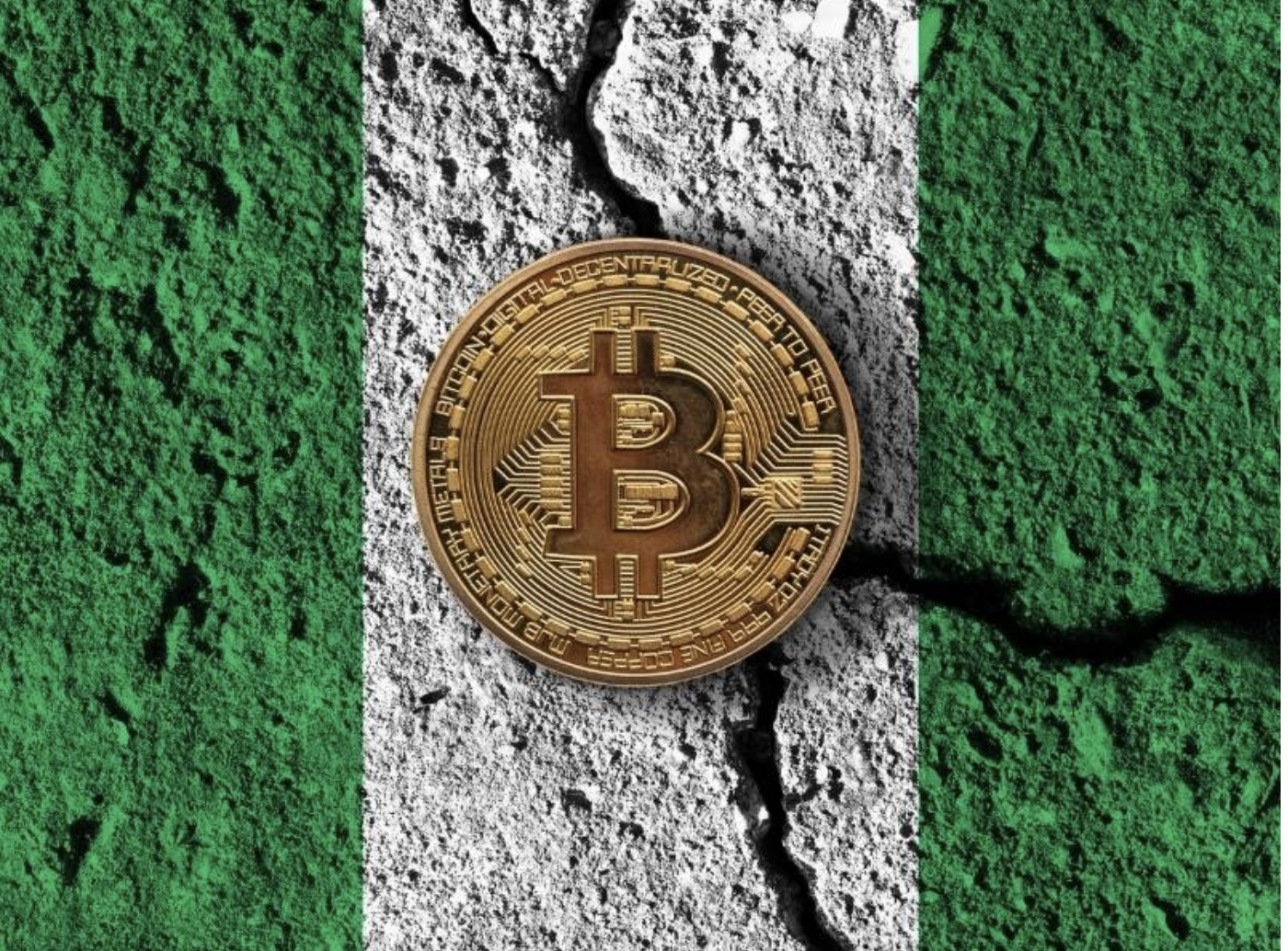
The demand for Bitcoin (BTC) in Nigeria has skyrocketed in the wake of a collapse in the value of the naira (NGN), the country’s fiat currency, and limitations placed on the amount of cash citizens can withdraw from ATMs by the Central Bank of Nigeria (CBN) according to Kitco News. At the time of writing, the price of one BTC on the Nigerian crypto exchange NairaEX is 17.5 million NGN, or $38,010. This amounts to a 64% premium over Bitcoin’s current market price of $23,175.
Prices are even steeper for Nigerians who do not wish to use a centralized exchange, as some sellers on the peer-to-peer exchange LocalBitcoins are offering one BTC for a price of 28.17 million NGN, or roughly $61,190. That’s 164% above the current spot price.Nigeria was one of the first countries in the world to launch a central bank digital currency (CBDC), with CBN releasing the eNaira in Oct. 2021.
Since its release, the public’s uptake of the new CBDC has been lackluster, with only 0.5% of Nigeria’s population using the digital naira in their everyday lives as of November 2022. This prompted the central bank to implement withdrawal limits on the amount of cash that citizens can take out of their bank accounts in an attempt to push its “cash-less Nigeria” policy and increase the use of the eNaira.
Under the new laws put in place on Jan. 9, citizens can only withdraw a maximum of 20,000 nairas (around $43.50) from cash machines per day, with a weekly limit of 100,000 nairas (roughly $217). The CBN also issued new naira banknotes with the intention of curbing inflation and money laundering.
Originally, Nigerians had until Jan. 24 to exchange their old, higher denomination bank notes for the new currency, but limitations with its distribution resulted in an extension of that deadline. On Sunday, the CBN announced that it would extend the deadline to swap old naira currency notes by 10 days to “allow more of those in rural communities to exchange the old notes,” according to CBN Governor Godwin Emefiele.
Nigerians now have until Feb. 10 to turn in 1,000, 500 and 200 naira notes. After that date, naira holders will have an additional seven days to deposit old notes directly with the CBN. Following that date, all remaining old bills will become void.
Also contributing to the high premium in Nigeria is the recent turnaround in Bitcoin price, which has resulted in a spike in Google searches for BTC in Africa’s biggest economy, making it the leading country for Bitcoin web searches according to data from Google Trends.
Last Thursday, the Central Bank of Nigeria announced the launch of a new domestic card scheme meant to challenge foreign cards like Mastercard and Visa as it looks to enhance its cashless society goal and save on foreign transaction fees.According to Emefiele, the goal of the new “AfriGo” card scheme is to increase the level of access the Nigerian population has to banking services, which they have historically lacked.
“The challenges that have limited the inclusion of Nigerians include the high cost of card services as a result of foreign exchange requirements of international card schemes and the fact that existing card products do not address local peculiarities of the Nigerian market,” said Emefiele.The Bitcoin premium in Nigeria previously hit a high of around 36% in February 2021 after the CBN prohibited financial institutions from providing services to crypto exchanges.
